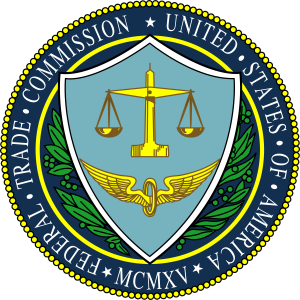This past summer, the Federal Trade Commission announced over 100 actions against charities operating fraudulently under the guise of helping Veterans or members of the military and their families.

Two officials of the Federal Trade Commission, both involved in these actions, join us to discuss “Operation Donate with Honor” and ways we can all be more educated donors. The Federal Trade Commission chose to examining Veteran charity fraud because it plays upon two great motivators for Americans; we are very generous and we are very patriotic.
Tracy Thorleifson, Senior Staff Attorney in the Bureau of Consumer Protection’s Northwest Regional Office worked on the case of “Help the Vets”. The Federal Trade Commission brought the charges in cooperation with six states. The scam charity raised $20 million, 95% of which went to the fundraisers and the founder of the charity. Under a negotiated settlement, the organization agreed to close and the founder agreed to never again be involved in charitable fundraising. They also agreed to pay $1.8 million in fines that will be distributed to legitimate Veteran’s organizations. Unfortunately, in most of these cases, the full amount of funds disreputably acquired is never recovered.
Carol Kando-Pineda is the Counsel and Project Manager for Military Consumers.
A recent AARP survey showed Veterans are twice as likely to be at risk for scams. Carol believes this may be because Veterans are more likely to targeted. In 2017 her office received 113,000 reports from people who self-identified as being military consumers. The medium loss from these scams was about $619. Of those, identify theft and imposter scams seem to be the most common.
Consumers should not hesitate to ask questions and do their research before donating to any charity.
Both individuals and businesses can learn more about how to protect themselves by visiting this Federal Trade Commission website: https://www.consumer.ftc.gov/features/how-donate-wisely-and-avoid-charity-scams Military families in particular should visit www.militaryconsumer.gov
Other resources include Charity Navigator, Charity Watch and the Better Business Bureau.
TAKEAWAY: “Make sure you do your research, talk to someone you trust and DON”T wire money or pay with a gift card.”
Podcast: Play in new window | Download (Duration: 42:30 — 8.0MB)

